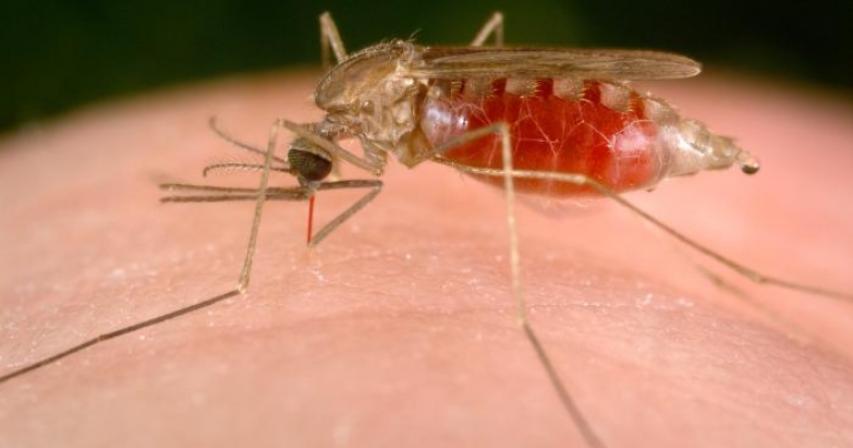How UAE is Malaria-Free since 2007? Here are the reasons for this.

As it joined the global community in observing World Malaria Day on April 25, the Ministry of Health and Prevention (MoHAP) reiterated the UAE's commitment to helping reduce worldwide malaria incidence by 90 per cent before 2030.
It highlighted how its response to malaria is based on an effective strategy that involves collaborating with health authorities to prevent the importation of malaria into the country. “This strategy also includes implementing a highly efficient epidemiological surveillance programme … The ministry also works on investigating and controlling insects and cooperates with neighbouring countries in this field to ensure comprehensive control of the disease.”
The ministry reaffirmed its commitment to maintaining the country's malaria-free status through the “rigorous implementation of a post-declaration plan”.
“This includes completing the rehabilitation and training of specialised personnel as well as strengthening activities to combat mosquitoes that transmit the disease,” it added.
Malaria is a life-threatening disease caused by parasites that are transmitted to humans through the bites of infected female Anopheles mosquitoes. While the disease can be prevented and treated, it continues to be a significant global health challenge. In 2021, it is estimated that there were approximately 247 million cases of malaria worldwide. To combat this issue, the WHO Global Technical Strategy for Malaria 2016-2030 sets out ambitious and achievable global targets.
The ministry said several international health organizations have lauded the UAE President, His Highness Sheikh Mohamed bin Zayed Al Nahyan, for his unwavering support of global efforts aimed at combating malaria.
Source: Khaleej Time
By: Gurmeet Singh





Comments